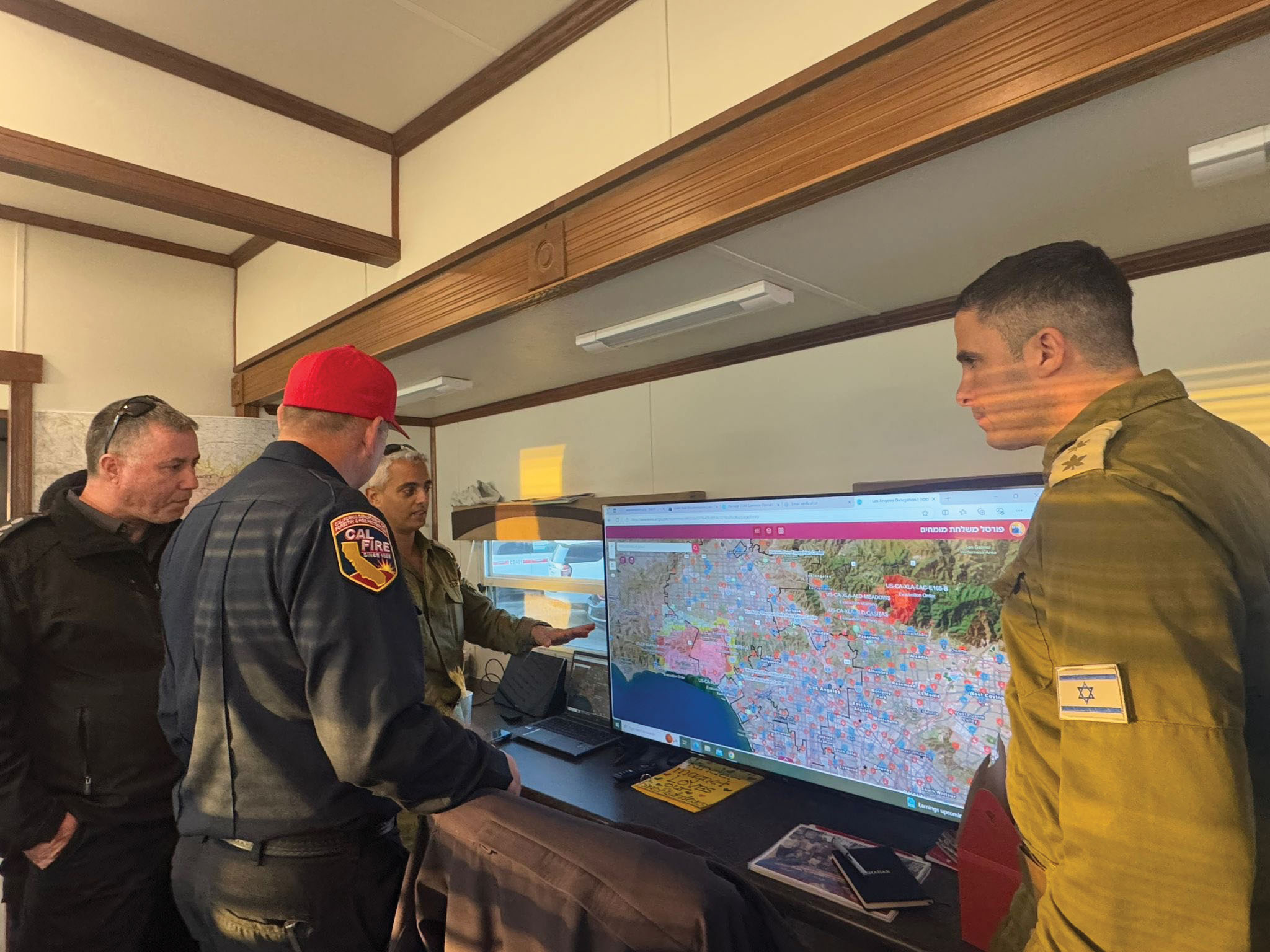
On Wednesday, Jan. 15, eight days after the Palisades and Eaton fires broke out in Los Angeles, a delegation of Israeli firefighting experts arrived to assist. By then, over 40,000 acres had burned across Los Angeles County — an area roughly three times the size of Tel Aviv. A second group of Israelis arrived early Thursday, Jan. 16, barely pausing to drop off their bags at their hotel before diving into debriefings, fieldwork, and incident command.
The delegation included experts in wildfire management, logistics and data analysis, such as Avi Ben-Zaken, head of operations for the Israeli Fire and Rescue Authority; Dr. Shay Levy, head of the Research and Wildfire Department; and Major Li-shay Amor, head of firefighting operations for the Haifa Coast District. The mission was orchestrated by the office of the Consul General of Israel in Los Angeles in conjunction with the Emergency Volunteers Project (EVP), a nonprofit that has spent nearly two decades fostering collaboration between Israeli and American emergency responders.

Stateside, U.S. Rep. Brad Sherman (D-Sherman Oaks) was also instrumental in helping expedite the process of getting Israeli experts on the scene to aid in the firefighting efforts. Sherman met with them on their second day at the kosher Beverly Hills restaurant La Gondola. The Israeli fire delegation crew was en route to the U.S. as soon as Governor Gavin Newsom (D) signed off on the Israelis coming to help.
The delegation was not only impressed by the scope of operations but also deeply moved by the camaraderie they felt with their American counterparts.
“I’ve never seen anything like this before,” Amor told The Journal. She was the only female in the delegation. “The moment we heard about this fire, our commissioner immediately decided to send a group of 13 professionals to help. We didn’t hesitate. The bond between Israeli and American firefighters is strong — through EVP, American firefighters come to Israel every couple of months to train with us, fight fires with us, and share knowledge.” The most devastating fire in Amor’s district occurred in 2010, when a wildfire began just south of Haifa on Mount Carmel. That fire burned over 12,000 acres and killed 44 people. Since the topography, weather patterns and fire risk are quite similar to that of the greater Los Angeles area, then-Governor Arnold Schwarzenegger (R) dispatched a team of California firefighters to not only help combat the fires, but help Israel figure out ways to make sure it doesn’t happen again.
There are policies and fire-containment strategies developed with California firefighting personnel since the Carmel fires which helped Israel manage brush fires during the war with Hamas. Many missile-induced fires in northern Israel that were contained. The weather patterns and topography between Southern California and Israel make both places ample training ground for elite firefighters.
“Haifa is a beautiful city with beaches, mountains, and a lot of wild areas between the houses, just like California,” Amor said. “What I saw here was on another level. As firefighters, we cannot see this kind of damage and not act. You feel you must do something to help and support, especially for our American brothers.”
Israel has a history of sending aid around the globe to help out in times of need. Amor recalled times that Israeli forces helped with fire emergencies in their fellow Mediterranean allies in Greece, France, Cyprus and Italy.
Dr. Levy, who holds a Ph.D. in wildfire research, has traveled around the world to better understand wildfire brutality and unpredictability.
“Wildfire is a worldwide problem, to solve it, you need a worldwide solution,” Levy told The Journal. “The world is changing, and we have to develop new approaches by sharing knowledge, learning from each other’s successes and failures, and adapting to new realities,”
Levy remarked that there were more fire engines in Los Angeles County last week than there are firefighters in all of Israel. “It’s amazing to see how such a massive machine operates so well,” Levy said. “The coordination between agencies was extraordinary. It was inspiring for us to witness.”
EVP founder and CEO Adi Zahavi was aghast at the vastness of the wildfire devastation in Los Angeles.
“When we drove into the neighborhoods that had burned, it felt like I was in an apocalyptic movie,” Zahavi told the Journal. “It was like the world ended and the 13 of us were the last people that have stayed alive, and just emerging from shelter, seeing death and everything gone.”
The delegation brought advanced fire-mapping technology and data analysis techniques that combined satellite data, social media analysis, and real-time public input to create accurate maps for resource allocation. Still, Levy said that people need to remember that mitigating wildfires is a practice as old as civilization.

“In Israel, shepherds used controlled burns for thousands of years,” Levy said. “Even here, the Native Americans used to burn the area to get better fields for the bison herds and other animals. We are learning from the Aboriginals in Australia. So we almost forget the old system, the old methods. And now it’s becoming more and more important to come back to these methods.”
For continued innovations, Levy said that it will take blending the wildfire management lessons of antiquity with satellite imagery and data modeling.
“Fire surprises us every time, but collaboration helps us stay ahead,” Levy said.
Amor was a bit reticent to share details on some of the most impressive new wildfire technology Israel is creating and deploying. But there are now many more firefighters in Los Angeles who do know and will be putting those innovations into use half a world away from Israel.
“We met so many brave and hardworking firefighters, and we learned so much from their experiences,” Amor said. “It wasn’t just about sharing what we know — it was about having real conversations and figuring out how to combine our knowledge for the future.”
The warmth of the Los Angeles community left a profound impression on the Israeli team. At Shabbat services at Young Israel of Beverly Hills, the delegation was embraced by the congregation.
“Some firefighters started crying at the synagogue,” Zahavi told The Journal. “The community gave us hugs we didn’t know we needed.”
On Jan. 20, the night before they would leave Los Angeles, Levy and several members of the delegation attended an informal dinner at a home in Encino. He attempted to express the gratitude he felt from the families in attendance, while glancing through his WhatsApp full of messages from his newest American firefighting brethren.
“It’s like coming back to family,” Levy said. “We felt so much honor from the community here, who did everything to make us feel at home. I met wonderful people, and it made my heart feel bigger.”
Amor added, “Everyone was so pleased to see us. The support and love we felt reminded us why we do this work. It was truly something special.”
Consul General of Israel to the Pacific Southwest, Israel Bachar, told The Journal that Israel was glad to send a delegation without any monetary compensation. ”It was a gesture of solidarity,” he said. “Even through our time of need, it is still important for us to share our expertise and help wherever we can.”
Zahavi said that Israel is building a long-term relationship with Cal Fire to do even more joint training and continue sharing the latest innovations in firefighting modeling and innovation.
“When you have friends, you feel that everything is much better,” Levy said. “We know that climate change will make it even worse. But when you save one life, it’s like saving the whole world. That’s what makes this work so meaningful.”







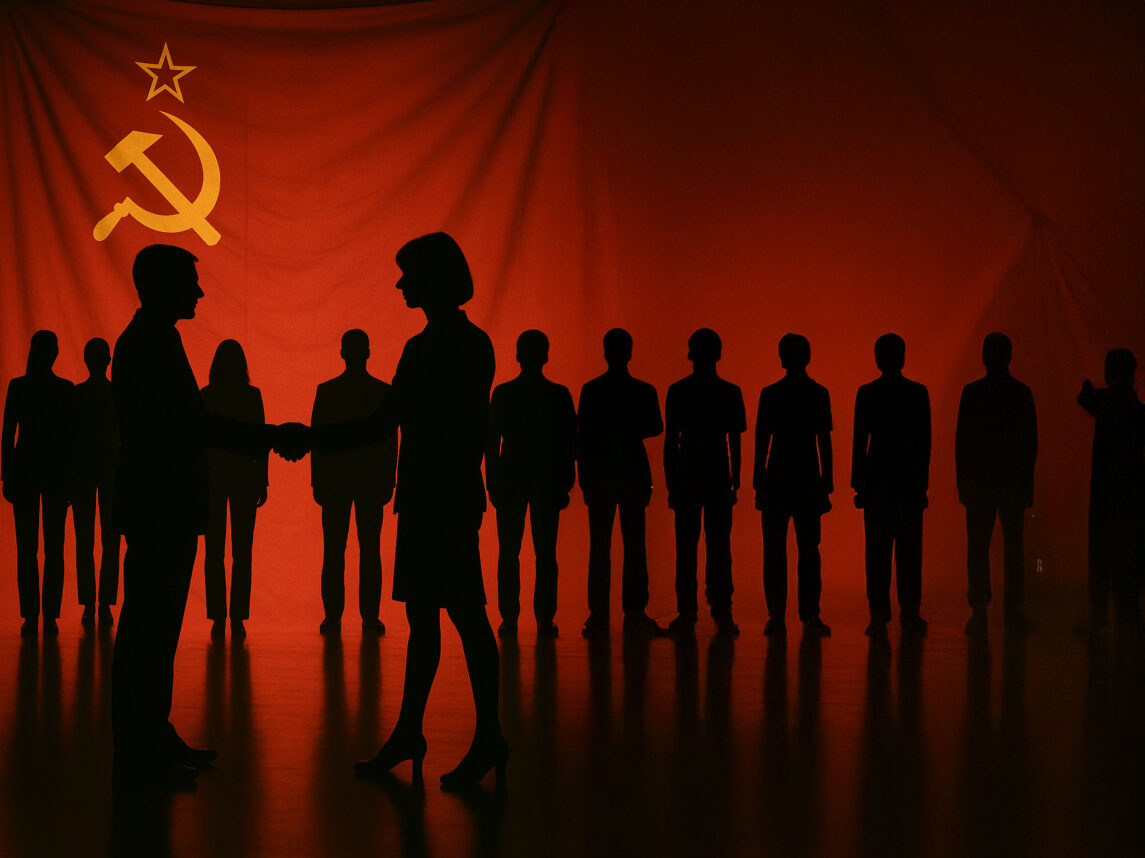
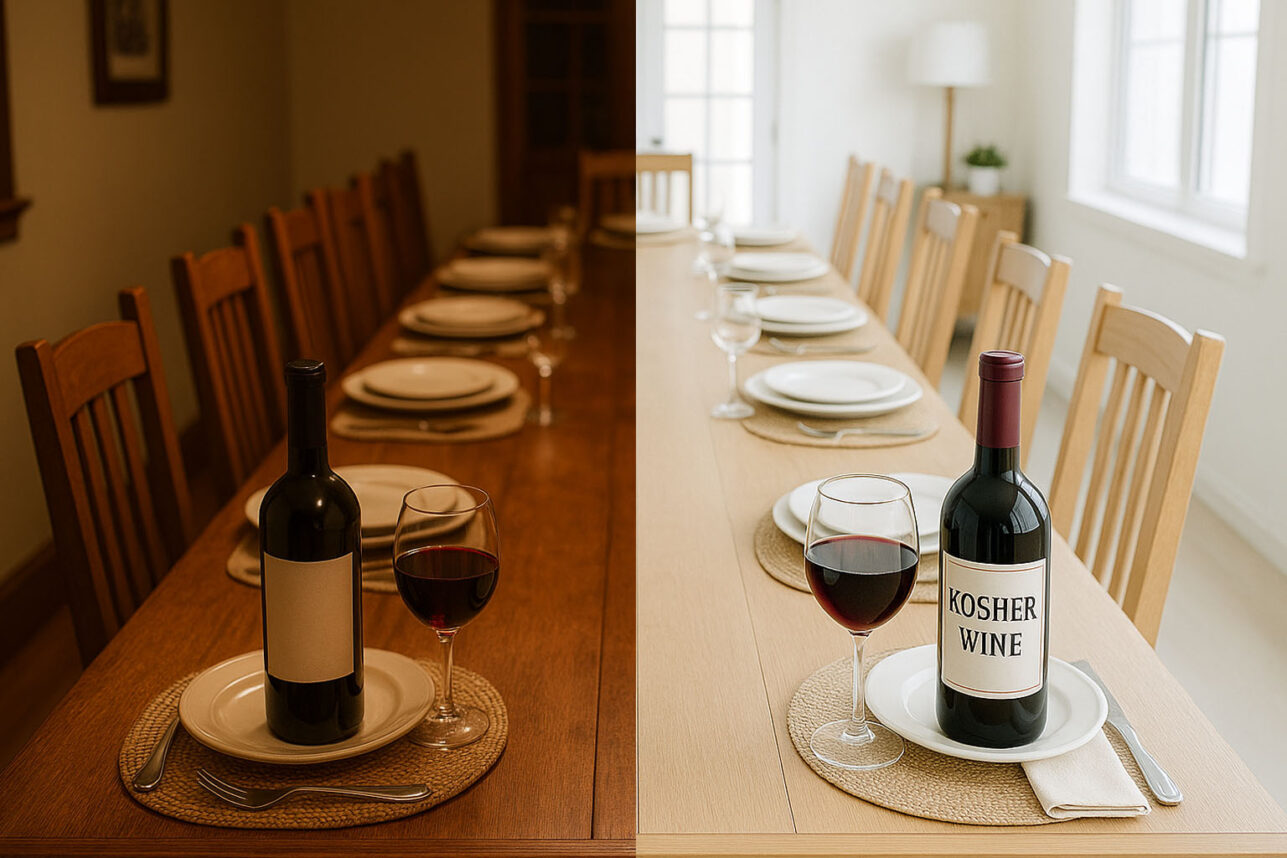
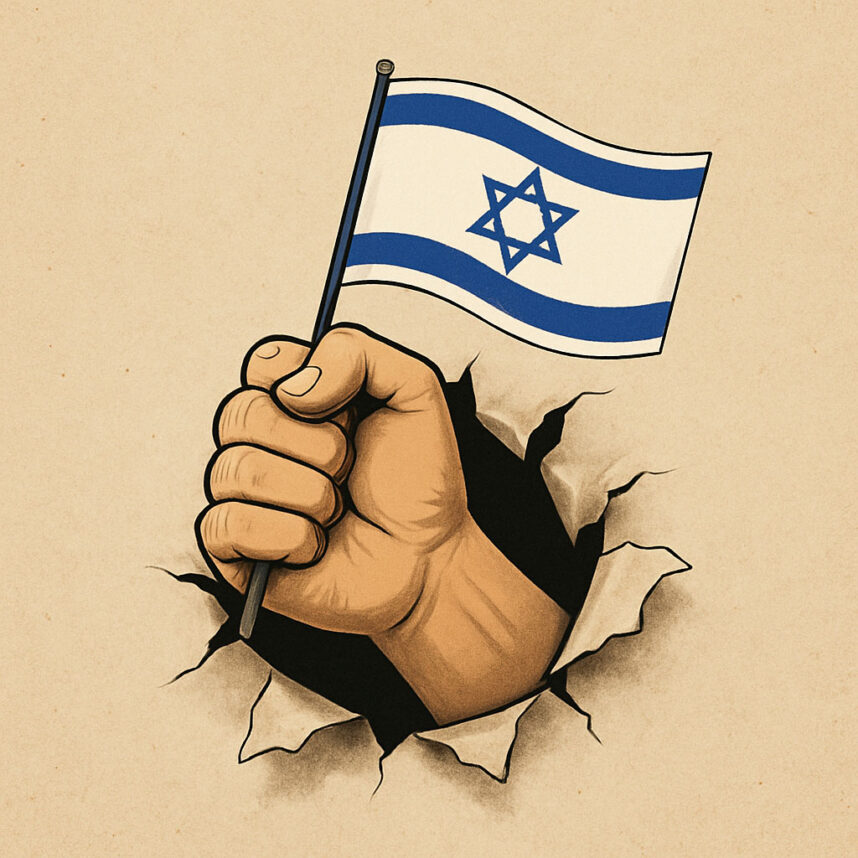
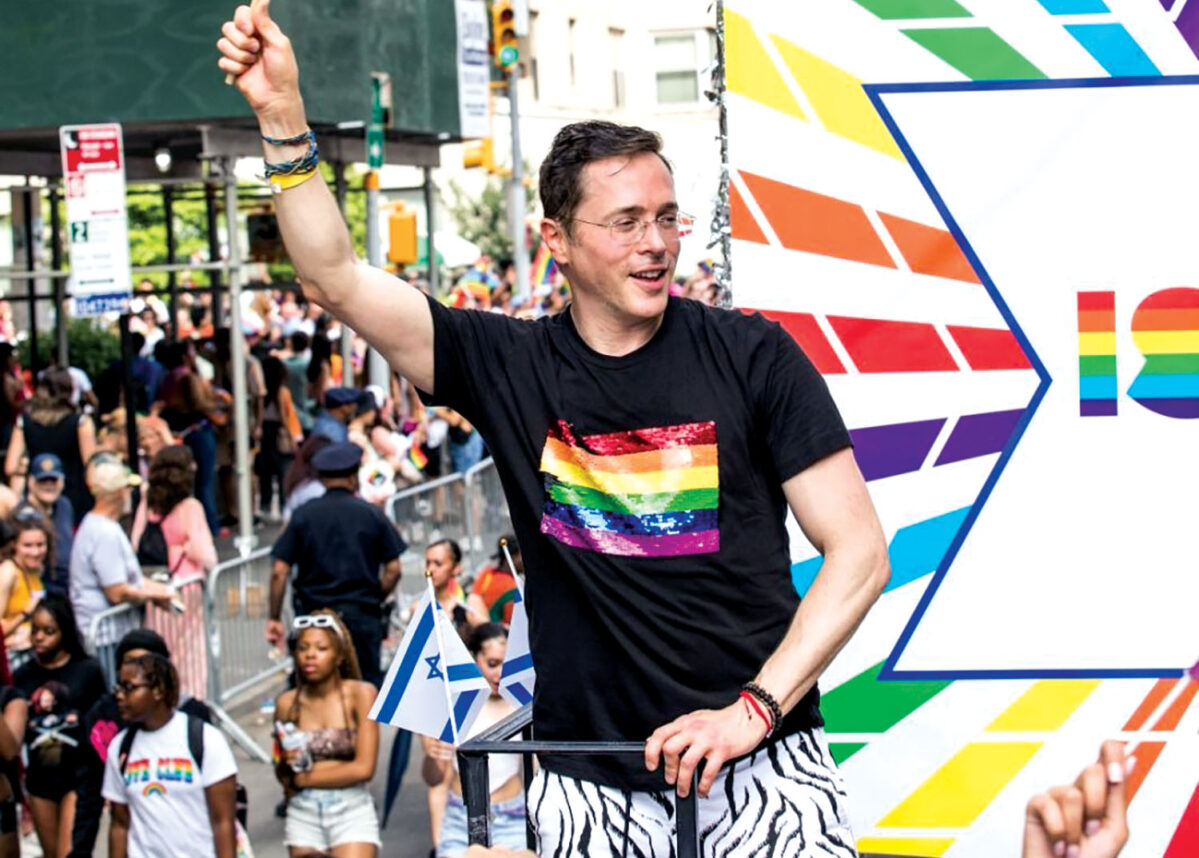
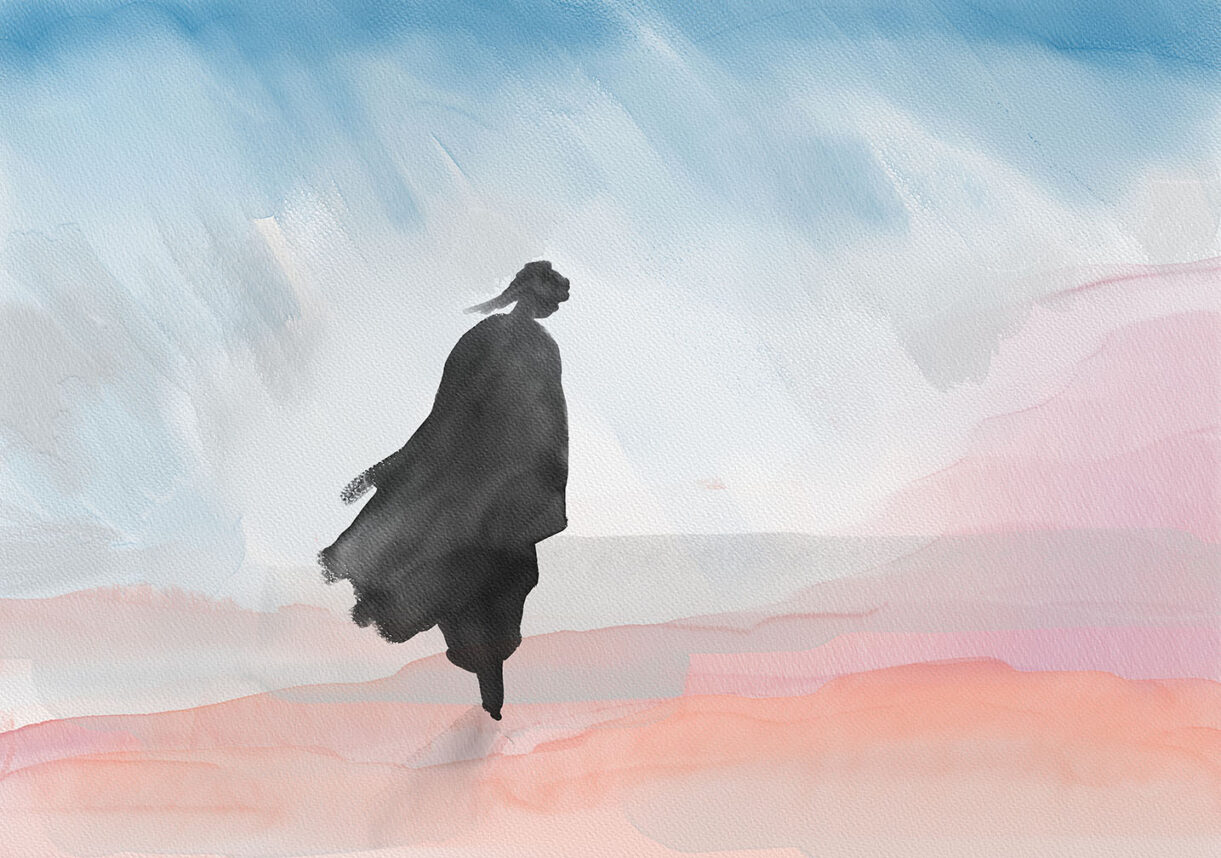
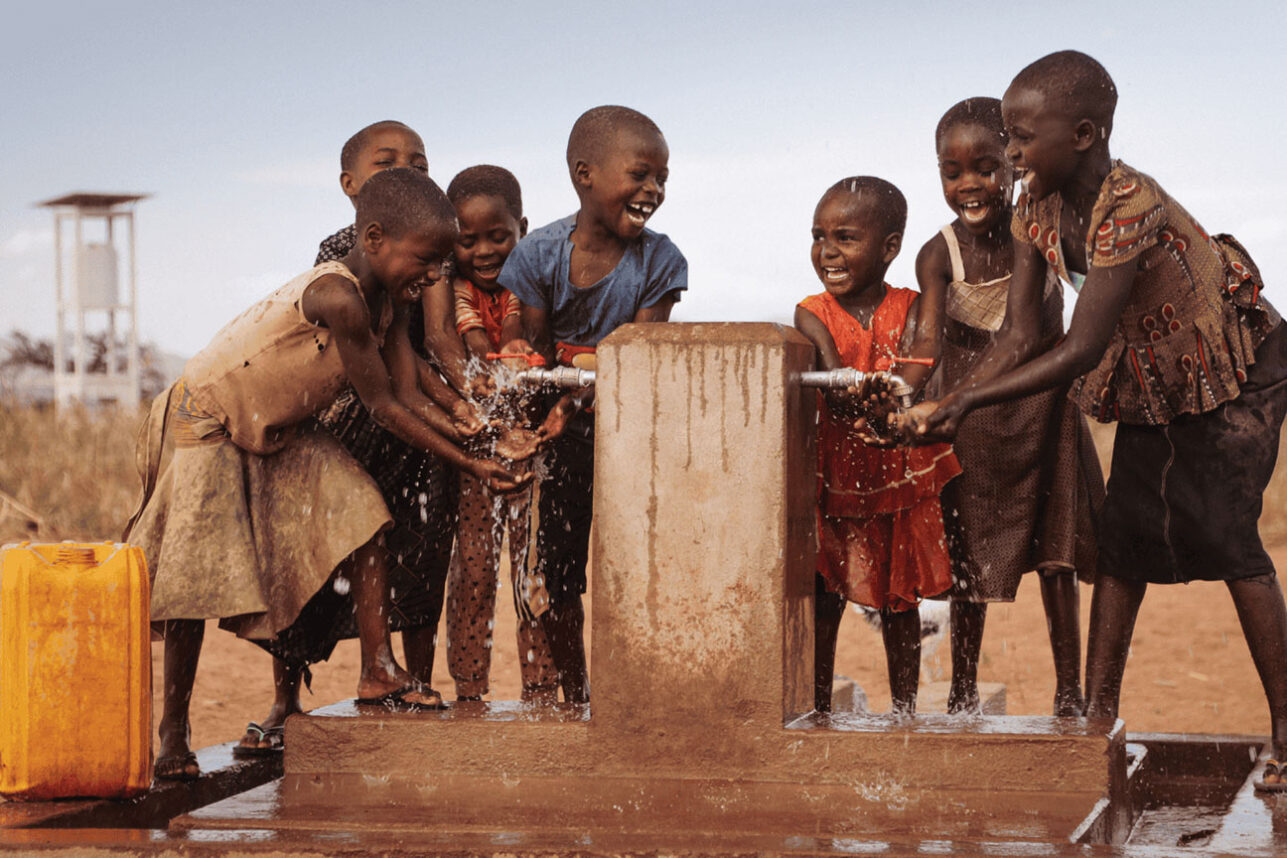
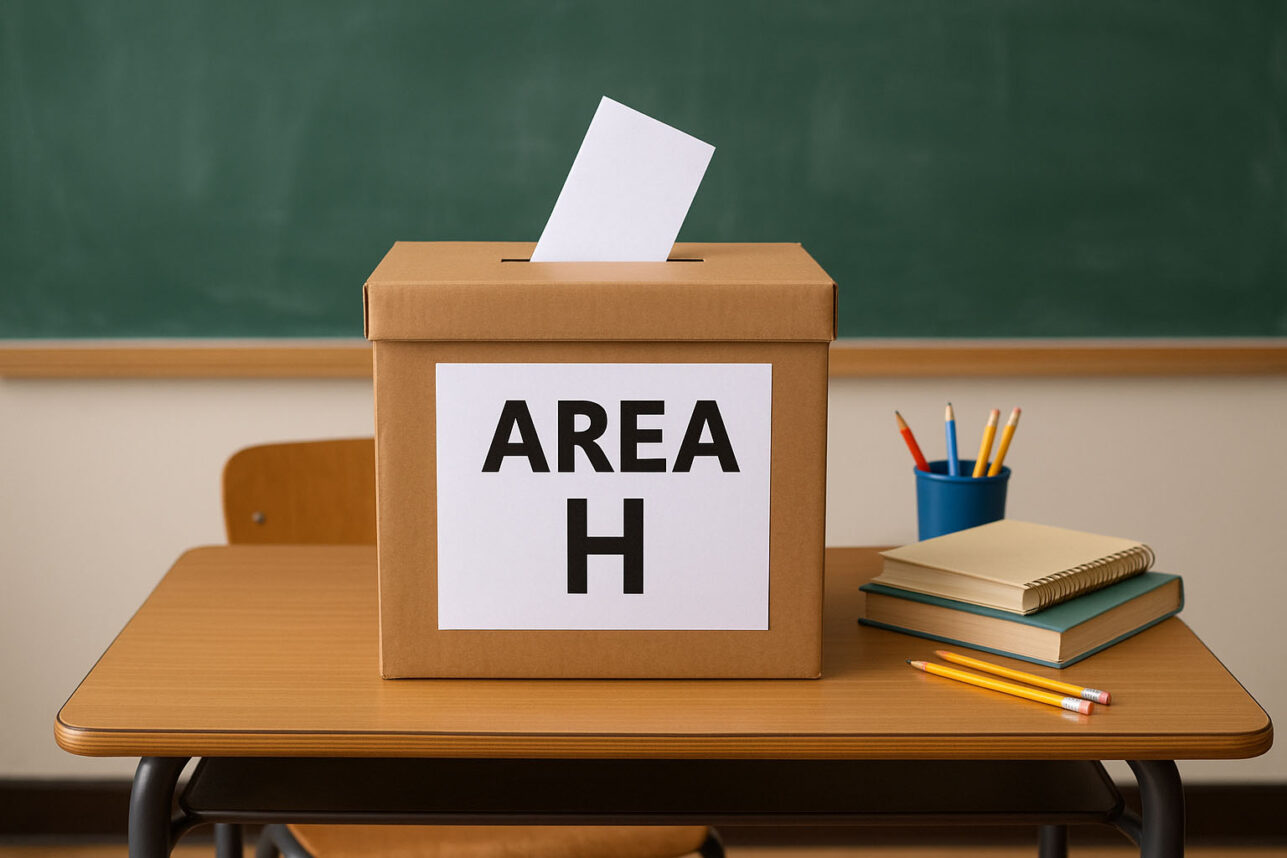
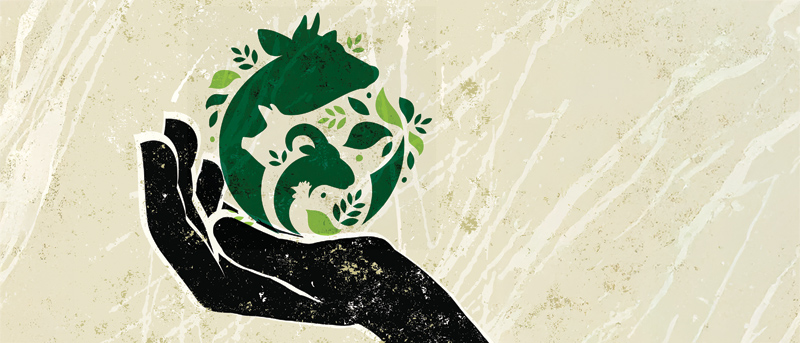
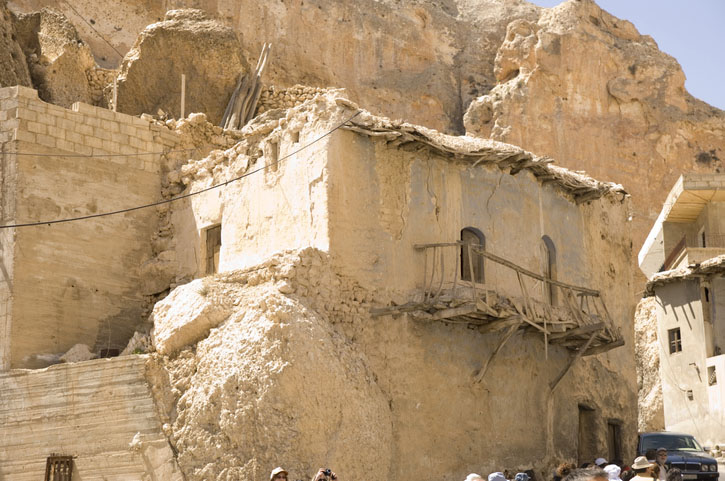

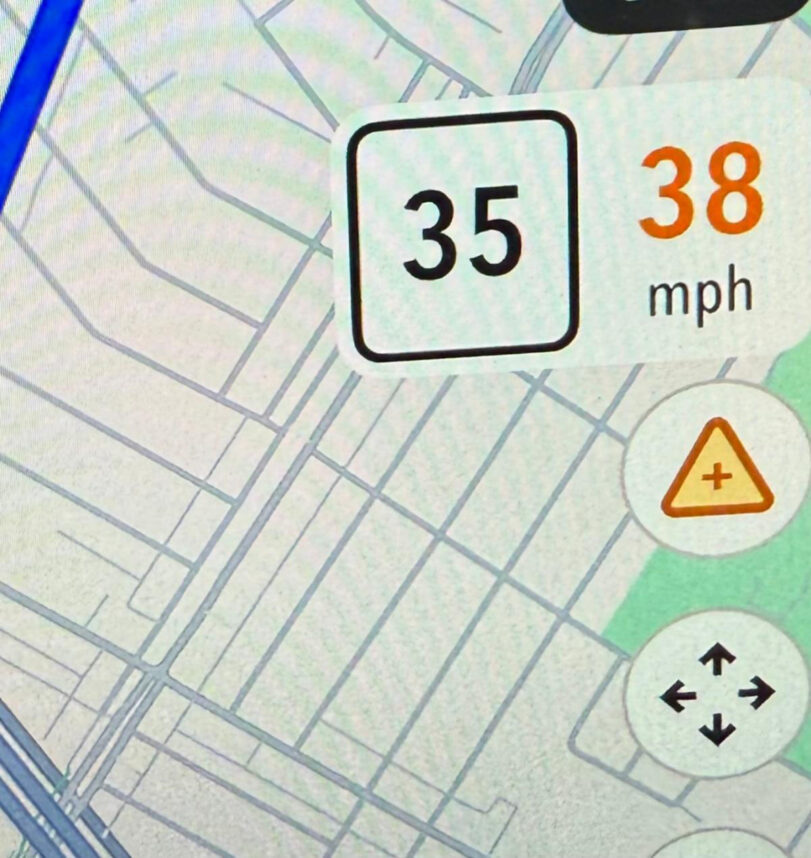



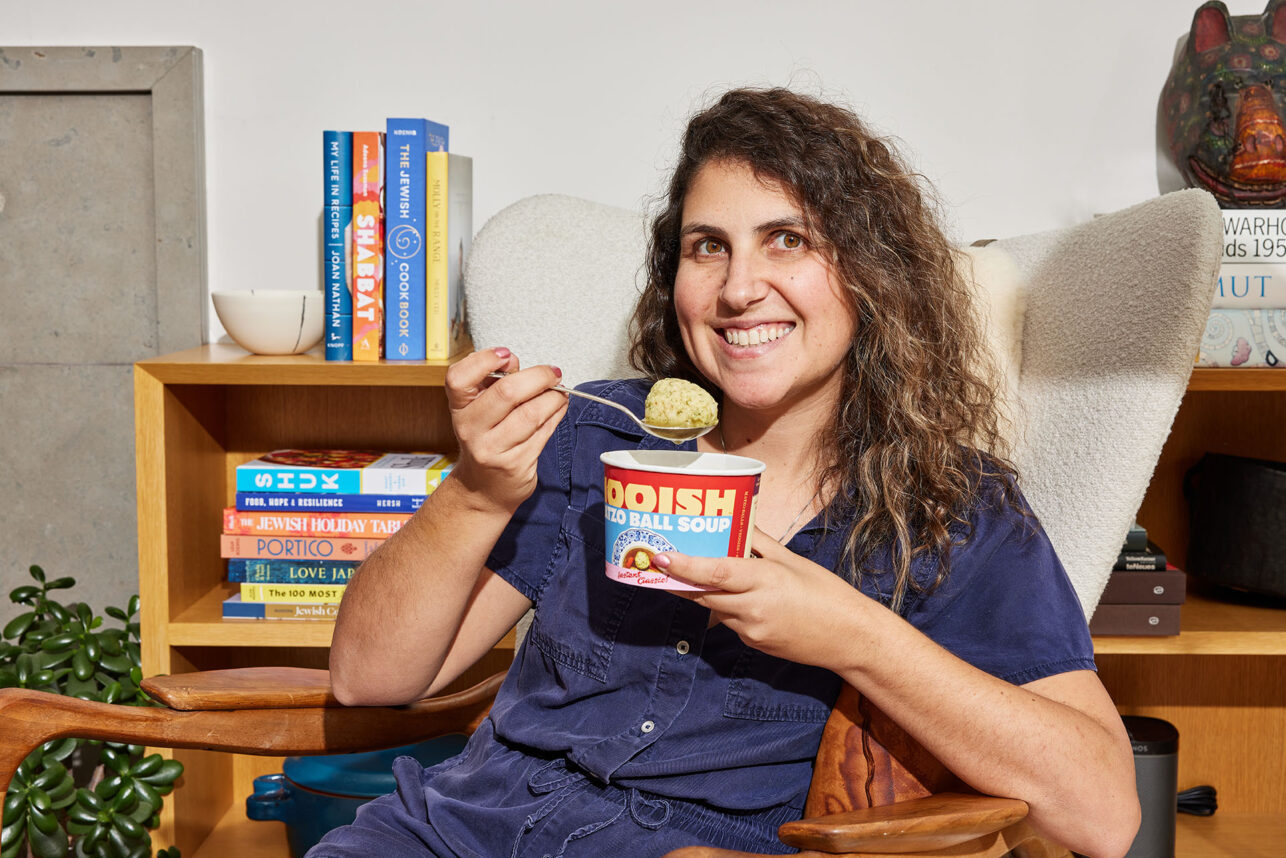


 More news and opinions than at a Shabbat dinner, right in your inbox.
More news and opinions than at a Shabbat dinner, right in your inbox.